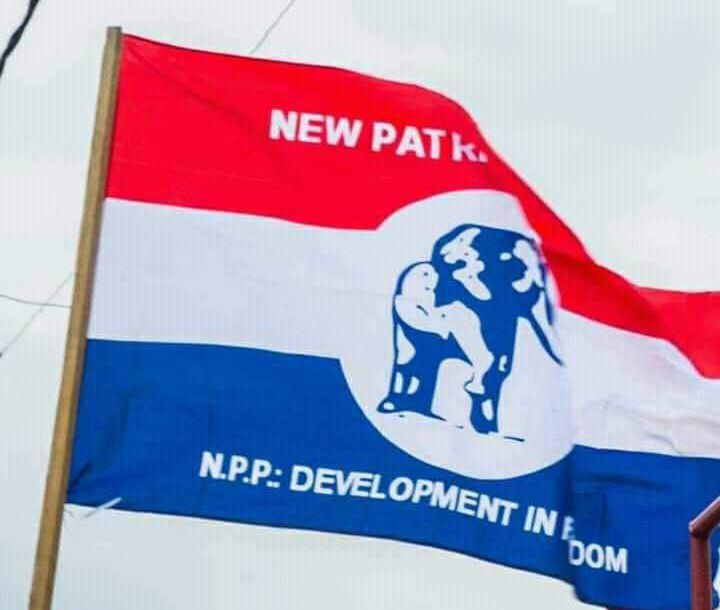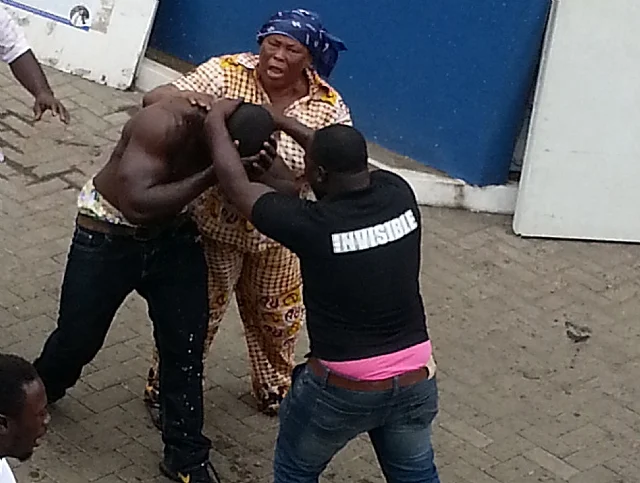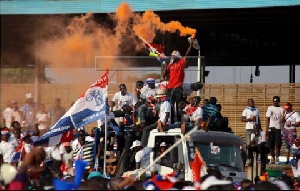The New Patriotic Party (NPP) has long been one of Ghana’s leading political forces, but its journey over the past decade reveals a story of near-collapse, survival through electoral victories, and a looming crisis that threatens to undo the party once more.
Beneath its public successes lie deep divisions and unresolved tensions — fissures that nearly tore the party apart before the 2016 elections and are now exposing it to the risk of collapse again.
The Hidden Collapse Before the 2016 Election Victory
Between 2014 and 2015, the NPP was embroiled in a bitter internal crisis. As Nana Akufo-Addo cemented his position as the party’s presidential candidate, a fierce struggle unfolded between his loyalists and established party executives.
Key figures such as Paul Afoko (National Chairman), Kwabena Agyepong (General Secretary), and Sammy Crabbe (2nd Vice Chairman) resisted the centralization of power and what they viewed as attempts to sideline long-standing party traditions. This conflict led to their suspension and sidelining — a move widely seen as a hostile takeover by Akufo-Addo’s camp.
This purge fractured the party’s internal democracy and could have spelled disaster — but the party’s sweeping victory in the 2016 elections masked the depth of this internal breakdown.

The 2016 Victory: A Double-Edged Sword
The 2016 victory was a critical lifeline that gave the ruling faction control and political legitimacy. It silenced opposition within the party and ensured that sidelined executives lost influence.
However, this unity was fragile and came at a cost. The party’s internal democracy was weakened, open debate discouraged, and many grievances ignored or suppressed. Rather than healing divisions, the victory simply delayed a reckoning.

Why the NPP is on the Verge of Collapse Again
The loss in the 2024 elections has stripped the party of the unifying force of power, allowing suppressed tensions to explode openly. More recently, the internal rivalries have deteriorated into violent confrontations, signaling an alarming breakdown in party discipline and cohesion.
A well-publicized misunderstanding between Kennedy Agyapong and Abronye escalated tensions between their respective supporters. This dispute ignited clashes between the Bawumia faction and Kennedy Agyapong’s faction, which culminated in the stabbing of a KNUST student during a violent skirmish.
This tragic incident illustrates how factionalism within the party has spilled over from political disagreements into real-world violence, threatening the party’s reputation and endangering lives.
The NPP now faces:
- A leadership vacuum and unclear succession plans.
- Conflicting and confusing messaging that alienates supporters.
- Intensified factionalism based on personalities, ideology, and regionalism.
- Suspension of internal party activities such as campaigning, fueling frustration and disengagement.
- Worsening alienation of grassroots supporters.
The recent violence is a symptom of these deeper problems. Without urgent reforms, the NPP risks further fragmentation, erosion of popular support, and potential permanent damage to its political viability.


